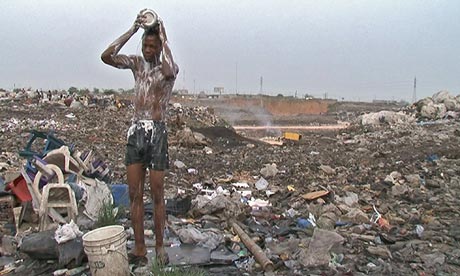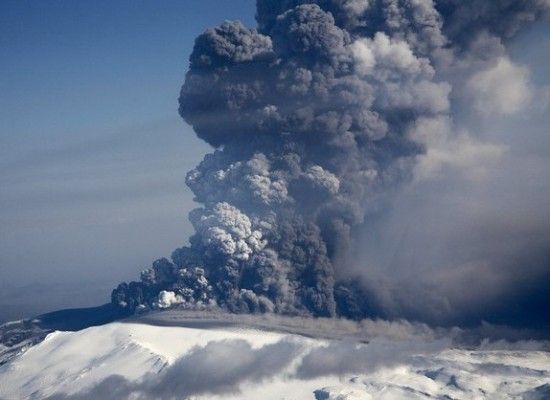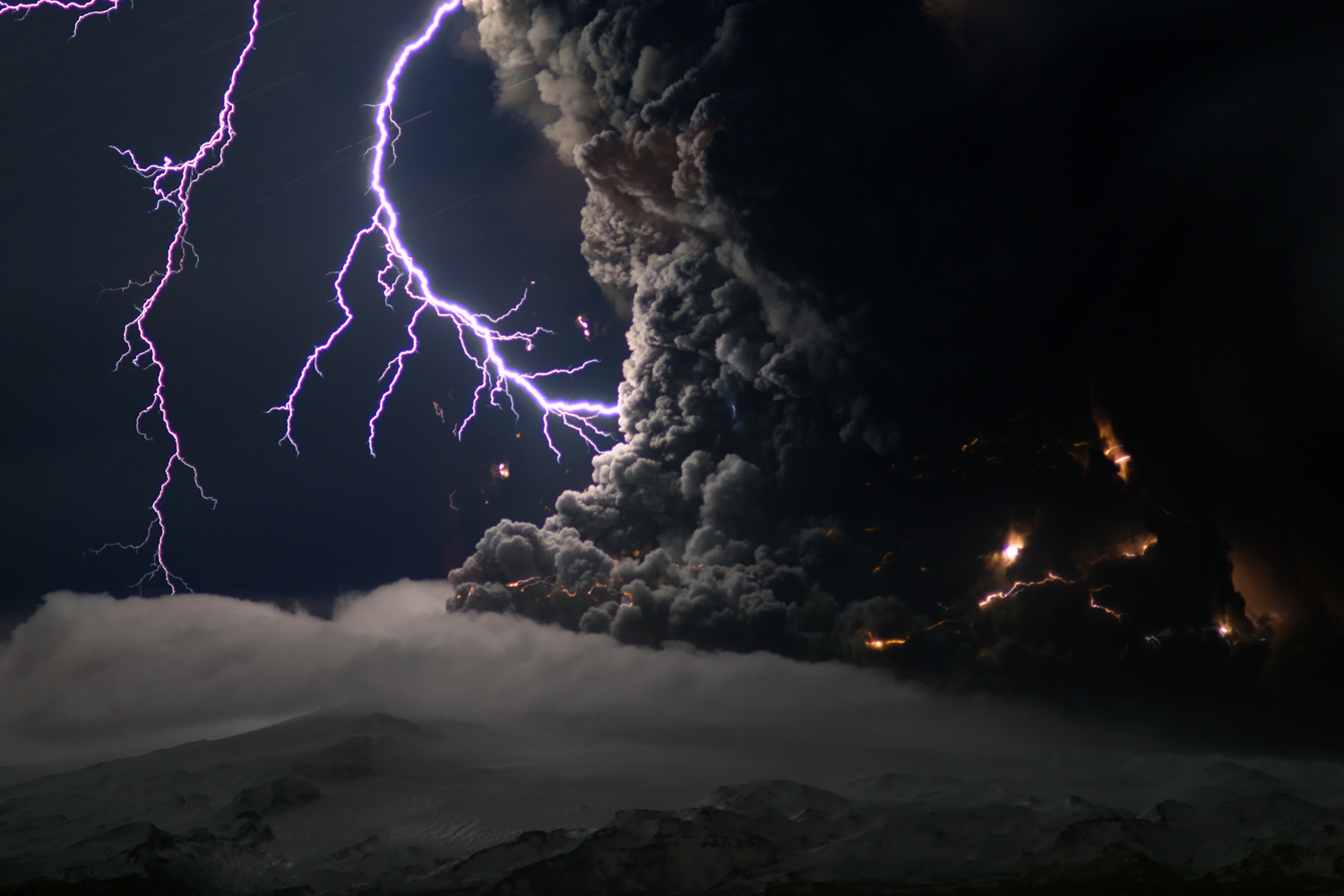- A look at life in the Olusosun rubbish dump, where about 1000 people live in scrap houses.
- A look at the lives of those who choose to live and work on the waters of Lagos Lagoon.
- Following Esther, who lives in a scrap house on the beach in central Lagos.
People look at the surface and even if the show reveals, as I hope to find when I get back home, a lighter side of life in the most pressing of circumstances, the choice to portray the least appealing of places in Lagos means that the producers have stuck to the old prejudices rather than sticking their head out and showing a new side of Africa that might actually change peoples stereotypes. I can only imagine that the final decision makers thought that would be too much for the home audiences to swallow. Opportunity missed.
I, and most of my Nigerian friends and colleagues, agree with Wole on this one. I thought that Said had managed to re-evaluate our conception of others, and helped others to overcome their own notion of self. Clearly the battle still rages strongly, maybe more strongly than ever as we near the World Cup in South Africa.






